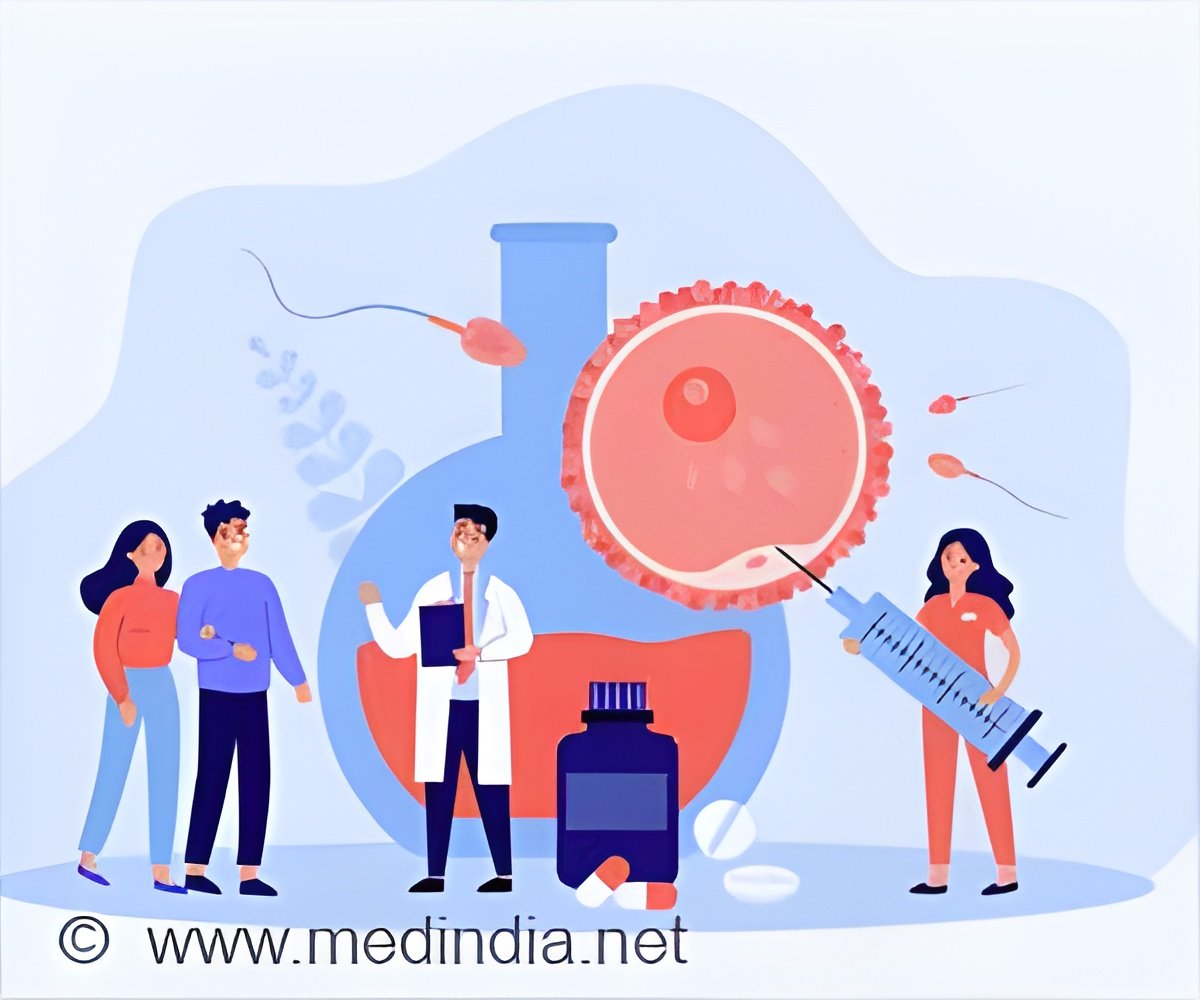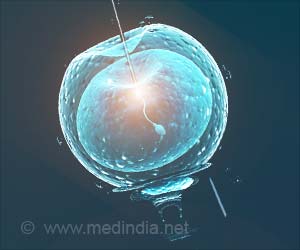The untold stories of egg donors, revealing racial disparities in pay, and potential health risks, and calls for industry reforms to protect donor rights.

‘In the United States., White women receive up to eight times more compensation for their #eggs compared to Black women. #eggdonation #medindia’





According to Tober's research, there are significant differences in the compensation rates for egg donors based on race. In a study of over 900 egg donors in the United States, the top compensation for white donors exceeded $100,000, while black donors received only $12,000. To illustrate, in one case, eggs from an 'ideal donor' were valued at $250,000. This donor was Chinese American and held a master's degree from the Massachusetts Institute of Technology(1✔ ✔Trusted SourceEggonomics
Go to source).
Egg Donor disparities
Exposing the perspective of the industry, Tober says: “Donor profiles are the marketing tools used to attract intended parents, and those women who possess desired social and physical traits will sell faster to a wide range of intended parents than others.”Eggonomics identifies the precarious financial position of many donors and uncovers how many have been motivated to donate eggs following the ‘cost of living’ crisis, or due to high student debt.
In the context of the pursuit of the ideal genetics, and the market value attached to them, the word ‘eugenics’ crops up repeatedly. One donor said: “…from me they wanted really, really specific things, and I was feeling like, “Oh my god. This is eugenics”.
Complex Reality of Egg Donation
“Donors are not industry-serving machines producing products by the double or triple dozens. Sometimes they donate eggs out of financial need, or because they want to help others, and most have mixed motivations. Wherever they are in the world, they are human beings with their own lives, emotions, and physical bodies they put on the line—for a whole range of complicated reasons—to help create families for the more affluent.Advertisement
Tober also raises questions about whether donors may be at an increased risk of health problems following medication and subsequent donation – especially those who donate repeatedly. She includes accounts of young, healthy donors developing health problems soon after donating.
Advertisement
Weaving between the perils and the joys egg donors experience, Tober recognizes the complexities involved in being a donor. She calls for sweeping changes in policy and the industry to both improve transparency and enhance egg donor rights and safety.
To that end, in Eggonomics, Tober sets out a list of recommendations for the industry:
- Recognize donors’ rights to truthful, thorough, and standardized informed consent, including how any pre-existing conditions (e.g., PCOS, endometriosis) may be aggravated by the hormones used
- Reduce potential for donor undue inducement by eliminating financial incentives from donor recruitment advertisements and materials
- Implement independent legal counsel for donors with enforceable terms when donor contracts are violated or when they experience medical harm
- Recognize the rights of donors as primary patients by implementing best practices and providing donors with their medical records
- Recognize “no means no” when a donor expresses even once that she is not interested in doing another cycle and enforce American Society for Reproductive Medicine (ASRM) six-cycle limits
- Rescind taxation on donor compensation
- Implement practices to recognize all donors and intended parents have a right to be treated with respect regardless of race, gender identity, sexual orientation, and patient status
- Recognize the rights of donor-conceived people to have access to medical information and information about their identities
- Establish a three-pronged donor registry to track donor cycles, enforce live birth limits, and enable immediate and long-term follow-up on donor health
- The Global Market in Human Eggs and the Donors Who Supply Them.- (https:www.routledge.com/Eggonomics-The-Global-Market-in-Human-Eggs-and-the-Donors-Who-Supply-Them/Tober/p/book/9781032549910 )
Source-Eurekalert











